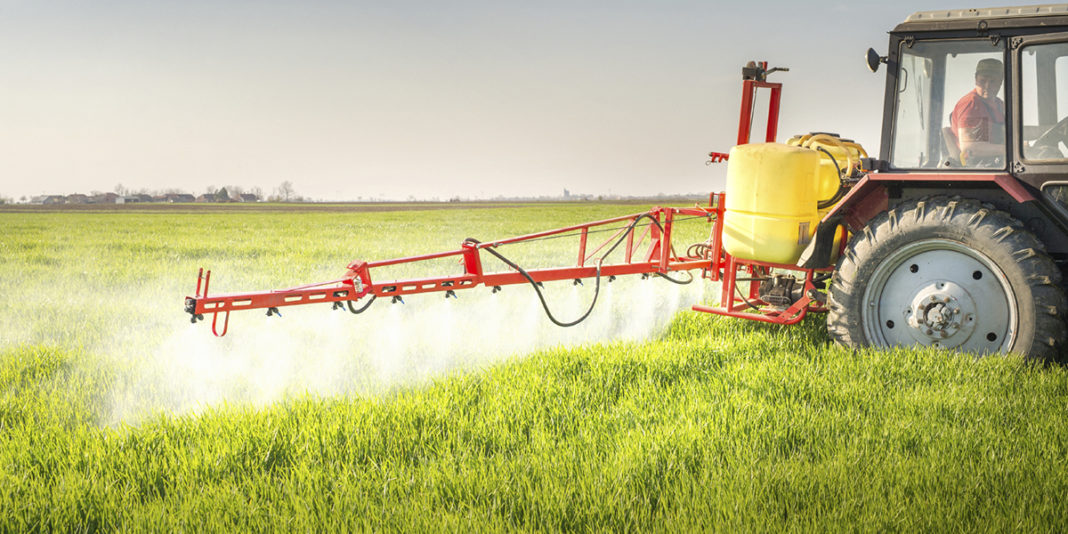The U.S. Environmental Protection Agency (EPA) removed a report from its website where they concluded that glyphosate was “not likely to be carcinogenic to humans.” The report has been pulled offline on May 2, 2016 along with 13 other documents.
Reuter reports that the regulatory agency took down the report as well as the other documents because they were not final. In a clarificatory email, EPA explained that the 86-pages report has been published “inadvertently” and that their review of the chemical has not been finished yet. However, the report was dated Oct. 1, 2015, was labeled as “final Cancer Assessment Document”, with the word “FINAL” being clearly printed on every single page of the document. In their report, the EPA allegedly claimed that glyphosate, the ingredient found in Monsanto’s common herbicide Roundup, was “not likely to be carcinogenic to humans.”
On the other hand, the International Agency for Research on Cancer (IARC) on its latest report, classified glyphosate as “probably carcinogenic to humans (Group 2A),” raising several controversies. During his recent interview on Here & Now, Monsanto CEO Hugh Grant insisted on claiming that Roundup is not carcinogen for humans. “It’s 40 years old,” he said, explaining how “virtually every year of its life it’s been under a review somewhere in the world by regulatory authorities.” Monsanto keeps claiming that the EPA’s document should be issued as an “official classification” while the regulator responded that their cancer review is not complete and that it will be peer reviewed by the end of 2016.
Many people are concerned about their health, as there’s a significant risk of exposure to this herbicide even from everyday food. A recent private testing made by an independent laboratory that has been published by the Alliance for Natural Health USA showed glyphosate levels in common foods such as breakfast cereals and eggs that exceed those found in Europe by nearly six times. This is not the first time that a hazardous chemical substance that may be linked to an increased risk of cancer is found in everyday life things such as food, furniture or water. Benzene and Formaldehyde are two of the most prominent examples of these risks.
Reuters already reported about a man who filed a litigation against Monsanto. Many other Roundup lawsuits are being filed in the United States, accusing the company of negligence in warning the public about the increased risk of developing non-Hodgkin lymphoma.



![Senator Schumer: “Single Payer [Health Care] is On The Table”](https://sandbox.trofire.com/wp-content/uploads/2017/07/Universal-Healthcare-218x150.jpg)
